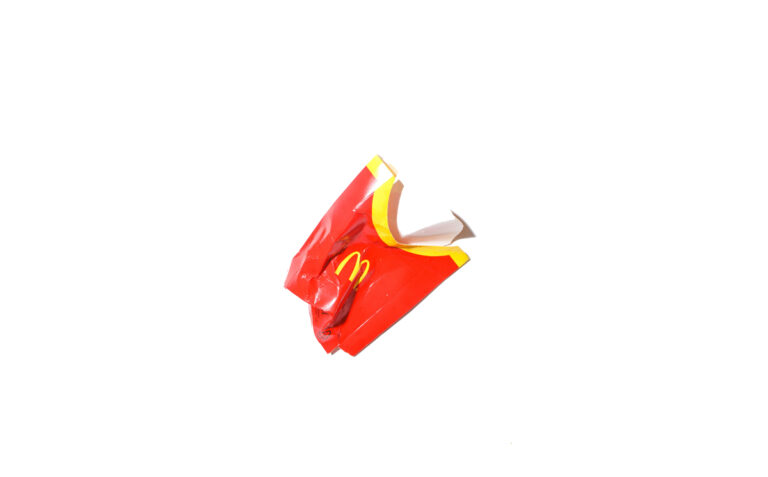McDonald’s says it plans to make its toys less harmful to the environment
As a child growing up in Paris, going to McDonald’s for a Happy Meal was a rare experience, which meant that when it occasionally happened, I was so excited I could have eaten anything given to me. Sure, being allowed to eat fast food was part of the thrill, but what truly mattered to me were the little toys that always came with the red cardboard box. I’m sure you felt that same joy at some point in your life—hopefully at an age where it’s still somewhat acceptable to order a kids’ meal.
What none of us suspected at the time however, is how bad of an impact these seemingly harmless plastic toys have on our environment. As you can imagine, McDonald’s billion-odd plastic toys it produces every year equates to a lot of toxic material that ends up in landfills.
So far, the fast food company says it’s slashed use of virgin plastic (plastic that is newly made) by 30 per cent worldwide since 2018. Now, it has announced a goal to cut 90 per cent of the virgin plastic it uses in its toys, as reported by CNBC.
Although effort should always be rewarded, some have argued that offering toys at all is “a negative that has helped support a global obesity epidemic,” as Input wrote. Fair enough, back in 1979 when it was first introduced, it was brilliant marketing. Nowadays, not so much. On its mission to restore its brand’s image, McDonald’s has also revamped its Happy Meal options to make them lower in calories, sodium, saturated fat, and sugar.
It goes without saying that research has proven that children are significantly more likely to select healthier meals when toys are offered with them. Keeping that in mind, many critics have argued that selling toys with unhealthy meals should then be banned.
Kids are easily influenced, making them more vulnerable to learning bad (or good) habits. And in the case of McDonald’s Happy Meal, healthy behaviours aren’t exactly being taught. Sugars and fats are addictive and keep most of us coming back years after the toys have lost their appeal. Still, it’s better than nothing.
The company says some toys, like board game pieces, will be made from plant-derived or recycled material. Other toys, like movie characters, will be turned into simple 3D cutouts rather than plastic figurines. It also plans to drop the plastic wrapping. The first sustainable toys have already been introduced in markets including the UK and Ireland, with McDonald’s stating that the US will see its first such sustainable toys by January 2022.






